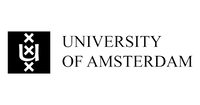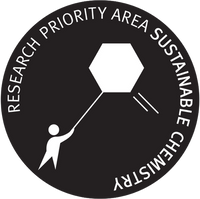Dr. Conelis Johannes (Kees) Elsevier
Kees Elsevier was born in 1957 in Den Haag, The Netherlands. He obtained his masters (1980) and PhD (1984) in chemistry at Utrecht University under supervision of P. Vermeer and H.J.T. Bos, based on his thesis “transition-metal mediated synthesis of chiral allenes”. Kees then moved to the University of Amsterdam, where he has further developed his interests in organometallic chemistry, metal-mediated synthesis and catalysis employing transition-metal compounds. He became associate professor in 1991, then occupied the John van Geuns chair for developing transition-metal NMR spectroscopy from 1995 till 1999. Since 1999 he held the chair of Molecular inorganic chemistry at the University of Amsterdam until his retirement early 2023. He has been visiting professor twice at the Weizmann Institute of Science, Israel, and at the universities of Strasbourg and Toulouse (France).
He is co-author of about 250 scientific publications on various topics in organometallic chemistry, metal-mediated reactions, homogeneous catalysis and (transition metal) NMR spectroscopy, including contributions to several books. Initially, his research focused on identification of intermediates and synthesis of suitable precursor compounds for catalytic carbon-element bond formation reactions. Also, fundamentals of the reactivity of small metal cluster compounds (with K. Vrieze) received ample attention. A major part of his research deals with catalytic hydrogenations, involving mainly palladium and other late transition metal compounds containing mono-, di- and tridentate P- and N-ligands (notably BIAN) as well as N-heterocyclic carbenes.
Kees served on the advisory board of several scientific journals and is editor-in-chief of Applied organometallic chemistry, in which capacity he has witnessed the journal’s growth and prosperity. Kees has (co-)supervised 30 PhD graduations and had the privilege to host many master students in his research group. His adagium: “Preserve the core”.


